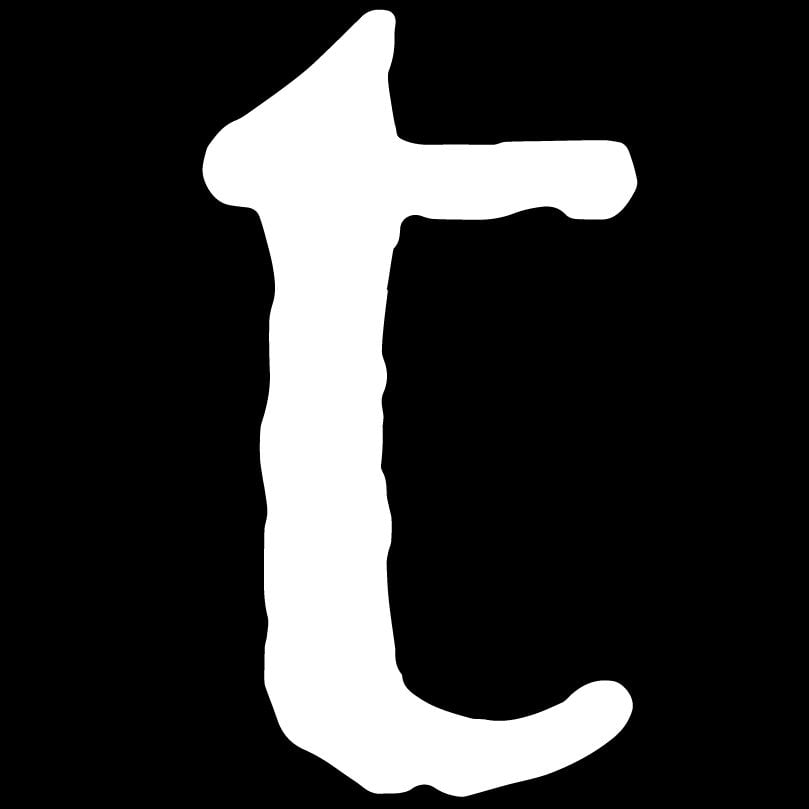

A favorite quote from Stanley Kunitz, two-time poet laureate of the United States, hangs on a wall in my classroom: “Poets,” he writes, “are not easily domesticated… and they can be outrageous; but they are also idealists and visionaries whose presence is needed… to clear the air of corruption and hypocrisy, to mock oppression, and to challenge [spiritual] apathy.”
Yes, poets. Teachers and students, citizens, community members, researchers, artists, and residents of all kinds are welcome. Everyone is invited to clear the air of corruption and hypocrisy, to mock oppression, to challenge apathy — everyone, yes, and with a special duty and burden for teachers.
I’ve taught for more than 50 years, and my students today are all studying to become teachers themselves. They’re an idealistic bunch: They all want to do meaningful work, they all want to do good, and mostly they want to unleash the dreams of youth and change the world — step by step, one student at a time.
The idealism Kunitz describes is a vision most of my students aspire to — not a submissive naïveté nor the willful abandonment of reality, but rather a kind of leaning toward an ideal, embarking on the never-ending pursuit of new knowledge, novel insights and understandings, and that complex, fugitive concept called “truth.” Of course, they fall short — falling short is guaranteed, for enlightenment is always partial, and the truth, in any finished sense, always elusive — but that in no way diminishes the significance of their labor.
These teachers must reject dogma, orthodoxy, and superstition. They must also unstick themselves from fantasized pasts that were settled and predicated to be perfect. And they must dismiss the idea of the present moment as a point of arrival without much ahead. It encourages them not to think of a predetermined future in which every conflict is resolved, every synthesis is achieved, and every mystery solved. It encourages them get involved in projects of renewal and repair, asking new questions, and dealing with unique problems. They feel — mostly — up to the challenge.
It is not an easy time to be a teacher. The perennial problems of having too few resources and not enough support are now joined with a weaponized opposition of curiosity and inquiry. When Texas State Representative Matt Krause released a list of 850 booksAnd AdvisorySchools libraries were asked to report if they had any of the titles on the list. A school district in San Antonio was removed more than 400 books. The McMinn County School Board, Tennessee unanimously approved the ban of the Holocaust graphic novel Maus from the school’s classrooms and library, a Tennessee pastorOrganised Book burningLive streaming on Facebook: Books with “demonic influences,” including Harry PotterAnd Twilight, They were fed to the fires. When Florida passed the so-called “Don’t Say Gay” bill recently, Gov. Ron DeSantis’s press secretary made its bigoted subtext explicit, calling it an “anti-grooming” law.
Governors and senators will join the troglodyte chorus, we see that as awful as Art Spiegelman being banned is in itself it is my idealistic students and English teachers all over the country that are the main targets.
The main victims of this galloping censorship are children and youth, of course, but it’s important to note that while truth-telling can and is being banned in schools by state legislators and local boards, it’s a wide, wide world out there, and repression activates resistance. Children and teachers are not the only victims of ignorant policy. Teachers are launching Clubs for Banned Books and after-school local history study groups at high schools around the country, and the message is clear: You need no one’s permission to interrogate the world.
We’re reading The Life of GalileoBertolt Birecht is in my class now, so the drama, tensions, and contradictions feel eerily current. Galileo’s breath-taking discoveries about the movement of the planets and the stars ignite in him the desire to pursue a particularly radical idealism: “The cities are narrow and so are the brains,” he declares boldly. “Superstition and plague. Now, the word is that it is not so. For everything moves, my friend.” Galileo seems at first unstoppable: “It was always said that the stars were fastened to a crystal vault so they could not fall,” he says. “Now we have taken heart and let them float in the air, without support, they are embarked on a great voyage — like us, who are also without support and embarked on a great voyage.”
Galileo raises the stakes by questioning Church orthodoxy, and challenging the establishment’s authority. The great voyage of the Church is a planned and sanctioned journey, with steps that are mapped out with precision, certainty, and all the support we will need in the institution and operation of the Church.
There is more to the story than just theories of astronomy. The findings of his research, surely, but also the joy, the excitement, the reckless hope, all mark Galileo as a radical visionary — he wanted to open people’s minds and change the world.
Galileo’s struggle is punctuated with joy and grief, hope and despair, pain and torment and pressure, but when he finally capitulates and denounces what he knows to be true, when he is received back “into the ranks of the faithful” by the Church, he is exiled from humanity — by his own words. In the end, he is confronted by a former student, one of his crestfallen disciples: “Many on all sides followed you with their eyes and ears,” he says, “believing that you stood, not only for a particular view of the movement of the stars, but even more for the liberty of teaching — in all fields. Not for any particular thoughts but for the freedom to think at all. Which is in dispute.”
In today’s schools, as well as in society in general, the freedom to teach and the right of all people to think is in deep debate.
